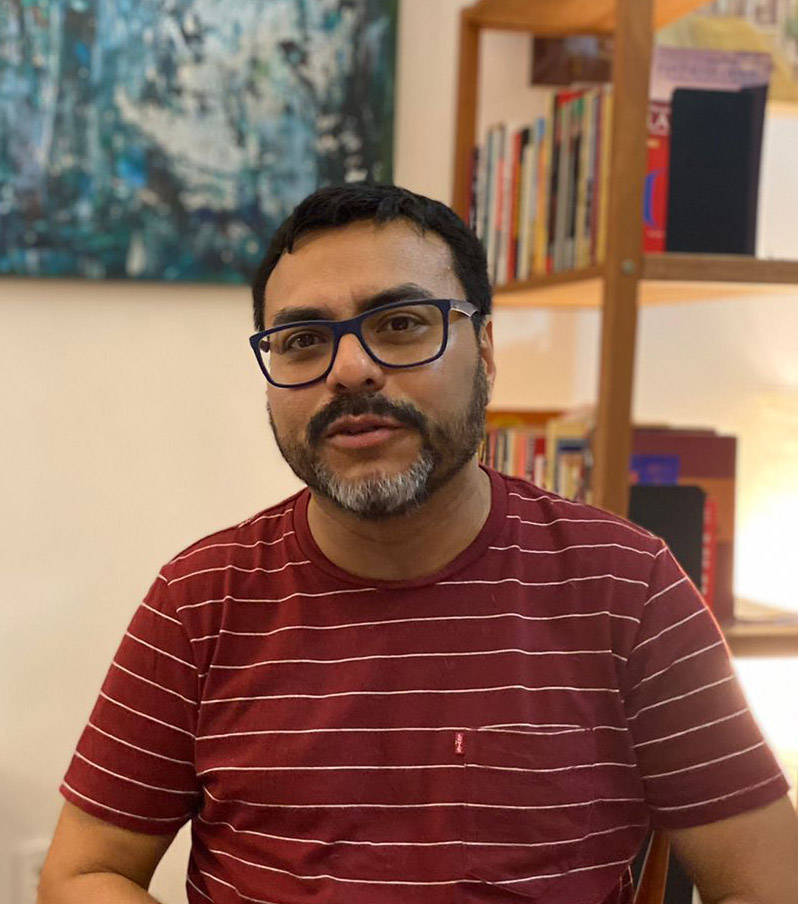Humberto Meza is Nicaraguan, PhD in Political Science from the University of Campinas, UNICAMP, in Brazil. He is currently a researcher at the Federal University of Rio de Janeiro, UFRJ, on topics such as Urban Activism and the Right to the City. In his career he has worked as a consultant for cooperation organizations such as Ayuda en Acción and CARE in Central America, in addition to the Brazilian network «AtivaCidade» from which he supported advocacy strategies against sexual exploitation of children and adolescents in the context of tourism in the Northeast of Brazil. He was in charge of Advocacy and Campaigns for five years for Oxfam International in Nicaragua.
What do you think are the current challenges in the cooperation sector?
In the last decade, the most vulnerable areas, especially in Latin America, have experienced an expansion of the far right, associated with radical movements that threaten social advances, such as gender equality, LGTBQI+ rights and racial equality. All this related to a rise in fake news, stimulated by the constant use of social networks and a precarious system of internet regulation. This set of phenomena was expressed as a clear threat to the democratic course, but although Latin Americans continue to support democracy as the best system, this support is tending to decrease in favor of some support for authoritarian models (13%), according to the 2020 Latinobarometer. This context poses enormous challenges for international development communities in terms of ensuring strong societies capable of defending democratic gains, as well as the social rights acquired in order to maintain and consolidate them. It is a question of effective strategies to deal with tropicalized neo-fascist movements, fragile institutions and a frank expansion of false narratives with a certain social legitimacy.
How do you consider they should be faced?
Considering the panorama briefly described, I believe it will be necessary to adopt new strategies linked to already established actions of the international development community, such as support to social movements and specific and unplanned strategic actions that demand the recovery of the democratic system. One of the new strategies will be to incorporate new actions for an effective fight against fake news in social networks and democratization of the use of the internet, maintaining and incorporating issues such as violence, inequality and inequity in urban spaces together with the defense of identity rights, especially gender, racial and sexual and reproductive rights.



